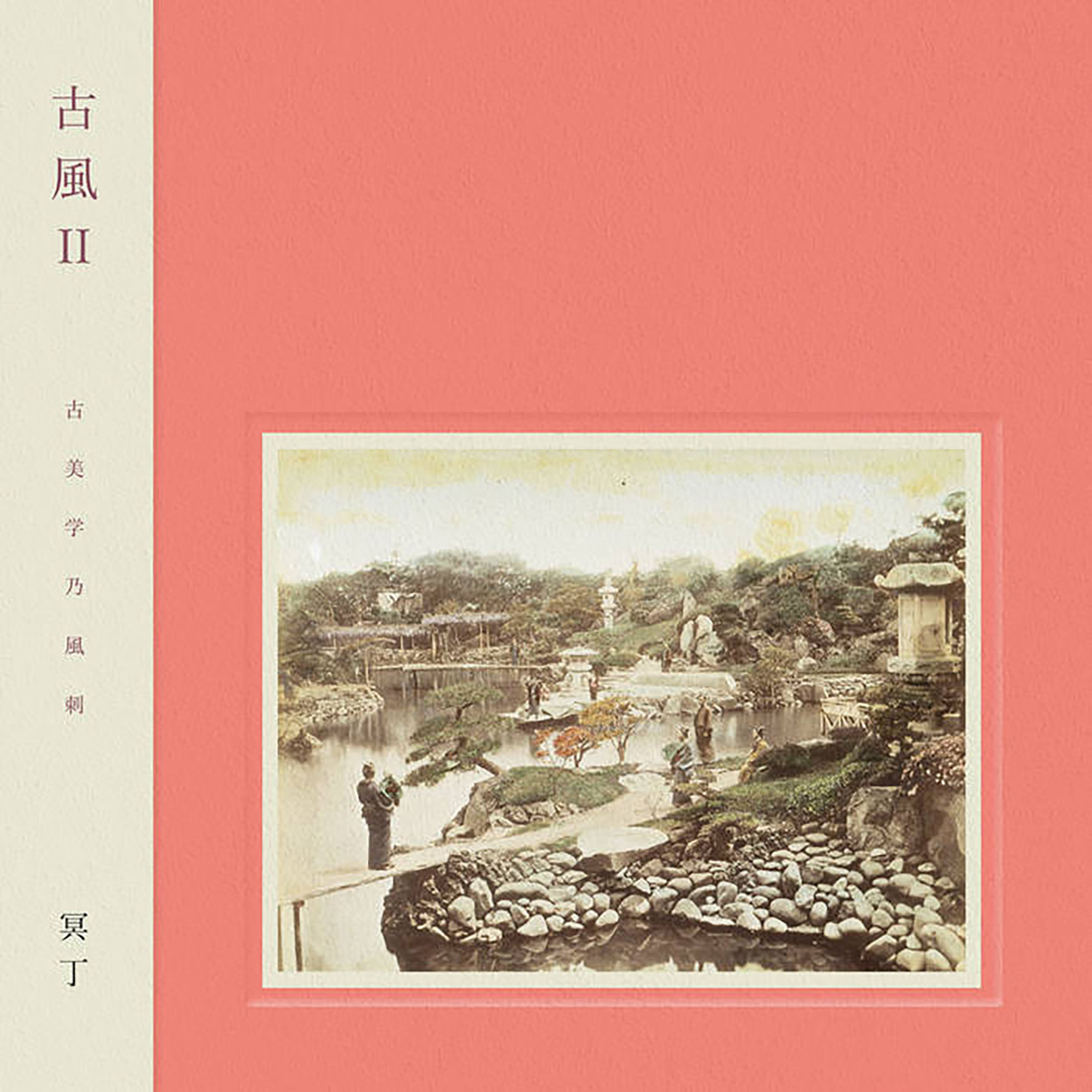Meitei, "KofuÃÑ II"
 Meitei’s plunderphonic exploration of “lost Japanese moods” has been an intriguing and unusual project right from the start, but it started to blossom into something truly great with 2019's Komachi and only got better with the beat-driven breakthrough of 2020's Kofū. As it turns out, that creative leap forward was also quite an intensely prolific period and a lot of tough cuts needed to made to distill the resultant mountain of songs into a single album. As I loved Kofū, I have no qualms at all with Meitei's ruthless culling choices for that album, but it did leave a lot of finished and semi-finished pieces on the cutting room floor (somewhere around 50, in fact) and many definitely deserved a far better fate. Meitei's original plan was to just keep moving forward with new material in the wake of Kofū's success, yet "when it came time to begin his next album, he found that it had been sitting in front of him all along" and "realized his work wasn’t over yet." In that regard, Meitei's judgment proves to be unerring once again, as this selection of Songs That Did Not Make The Original Cut is every bit as poignant, wonderful, and deliriously fun as its predecessor.
Meitei’s plunderphonic exploration of “lost Japanese moods” has been an intriguing and unusual project right from the start, but it started to blossom into something truly great with 2019's Komachi and only got better with the beat-driven breakthrough of 2020's Kofū. As it turns out, that creative leap forward was also quite an intensely prolific period and a lot of tough cuts needed to made to distill the resultant mountain of songs into a single album. As I loved Kofū, I have no qualms at all with Meitei's ruthless culling choices for that album, but it did leave a lot of finished and semi-finished pieces on the cutting room floor (somewhere around 50, in fact) and many definitely deserved a far better fate. Meitei's original plan was to just keep moving forward with new material in the wake of Kofū's success, yet "when it came time to begin his next album, he found that it had been sitting in front of him all along" and "realized his work wasn’t over yet." In that regard, Meitei's judgment proves to be unerring once again, as this selection of Songs That Did Not Make The Original Cut is every bit as poignant, wonderful, and deliriously fun as its predecessor.
The more I learn about Meitei, the more I am convinced that I am only able to appreciate a mere fraction of his fascinating vision, as the layers and layers of social commentary and satire lurking in his work are hopelessly lost on me as a non-Japanese person. Consequently, I can only appreciate an album like this one on an almost purely stylistic level. Fortunately, the wistful longings and other bittersweet emotional shadings are not lost on me, yet it is a unique experience to appreciate Meitei's inventively repurposed vocal hooks, twinkling piano runs, soaring flutes, and propulsive grooves while knowing that I am probably missing many interesting allusions and celebrations of the marginalized. Then again, maybe I actually DO get everything that truly matters, as Meitei strongly believes in Hayao Miyazaki's adage "Beyond logic speaks of human nature" (I sincerely hope my subconscious is tenaciously filling in some blanks).
Meitei apparently also has a "Mizoguchi-like approach" to mingling "unimaginable pain with tenderness," which I can definitely see, as the best pieces from the two Kofū albums can feel downright ecstatic or at least beautifully cathartic: it is easy to imagine someone dancing to the crescendo of "Happyaku-yachō" or "Shinobi" with complete abandon and tear-streaked cheeks. The album's other highlights take a number of divergent directions, however, as the main stylistic thread that holds everything together is merely a passion for chopped, stammering, and warbling samples of crackling and hissing traditional music records and that seems to be very fertile creative territory indeed. "Tōkaidō," however, is yet another gem in the vein of the aforementioned two pieces, though it initially feels very "traditional" due to its central plucked string motif before the shuffling groove and ascending flute melodies kick in. The absolutely gorgeous "Kaworu," on the other hand, is quite a departure from the album's other fare, as Meitei intimately distills his vision to just a tender harp-like melody and quiet washes of tape hiss. It might actually be the single most beautiful piece on the album, but there is some additional fierce competition from the broken piano melodies and frayed ascending flutes of "Shurayuki hime" and the part in "Arinsu" where backwards melodies and an obsessively looping vocal snippet gloriously converge. Sadly, "Arinsu" is only about a minute long, which leads me to the most savage critique of Kofū II that I can muster: it may be packed floor-to-ceiling with imaginative ideas and killer unconventional hooks, but a couple of these twelve songs are admittedly shorter than the others. Hopefully that is not a deal-breaker for anyone, as this project is singular, brilliant, and seems to only get better and better with each new release.
Samples can be found here.



